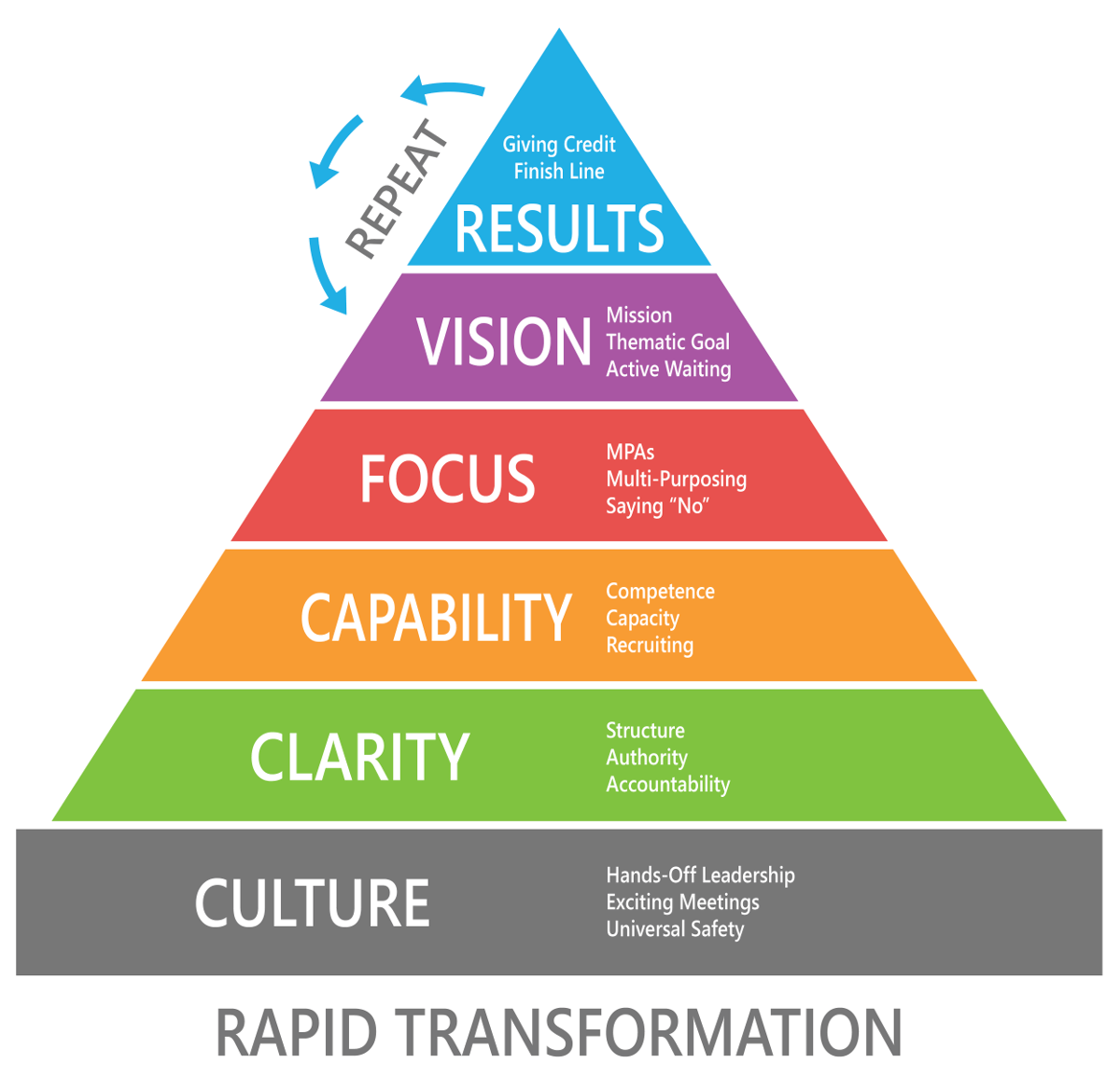

Additionally, some people like constant feedback, good and bad, and these types of managers are more aware of the day-to-day work than anyone, so they can provide valuable feedback. For that reason, if a project needs to be done in a very specific way or the deadline is a time crunch, a more controlling solution is sometimes the only feasible approach. They can be especially good at delegating, project management, and keeping time constraints in mind. Pros: Despite how the term "micromanage" normally makes us feel, these types of leaders are beneficial at times. Additionally, this can come from someone who has great ideas and thinks the final result is more important than how we get there (and how everyone is treated along the way). Rarely out of malevolence or ill-intent, it is usually a matter of a manager who has been given strict expectations by their own manager and want to make sure everything gets done as needed. This is sometimes called "micromanaging". The opposite of the above, these leaders have their hands in nearly every aspect of the work. If they have questions or need help and you aren't around, it is harmful to them and the productivity of the team. Additionally, not all team members like a hands off leader. Relationships may not be as strong as they are with other types of leadership. I'll take care of it." Cons: Being hands off means you may be less aware of what's happening on the team and will be less involved with the individual team members. They are ideal for the employees who say, "Tell me what you need, then never bring it up again unless I need coaching.

Pros: This type of leadership is great for those who are self-drivers and thrive on autonomy. They give their team members 100% autonomy and will back whatever decisions they make. These are the leaders who say, " I trust you.", then leave for half the day to work on other things. While there are infinite combinations of ideal leadership qualities based on any given situation, they can be broadly lumped into one of three categories. Just know this - However you were leading before, if work got done and the team was happy, keep doing it. These different types of leaders will be discussed in more detail below. Instead, the focus should be on the fact that everyone needs and wants a very different type of leadership. In some practices, there exists a concept of "leaders should only spend X% of their time being a leader." There is a false assumption that self-management means everyone needs to manage themselves. Many companies first getting into self-management make the mistake of demanding all their leaders be more hands off. It may reveal that your "non-managers" are far more manager-like than you want. Accept criticism and be open to dialogue.

Admit that this new position has a lot of similarities to a manager, but there are a few key differences that hopefully make life better for everyone. Don't make "manager" a taboo word that people aren't allowed to say. However, if they are in charge of a team of people and make some of the decisions traditionally made by a manager, many employees will still look at that person as a manager but with a different title. Managers may now be called Lead Links, Team Leads, or Purpose Drivers, or anything else. Make sure they know that! Second, the vast majority of Teal structures still have some form of hierarchy. Even if their title changes, the company still benefits from having them be a member of the team. It's important you let them know they are still wanted and their wisdom is invaluable. Many managers have decades with of knowledge, skills, and experience. Instead, let them know that job positions and the needs of leadership may be changing, but they as people are still valued in the company. First, it makes current managers fear for their jobs and feel unwanted in the new Teal paradigm. This is an incorrect and dangerous assumption for several reasons. To that end, this article will address some of the misconceptions around leadership in a Teal organization and a breakdown of the different types of leadership.

I mean, even the name " self-management" can imply that managers are no longer necessary. This concept of leadership and management is often believed to be even more complex and confusing in organizations striving for self-management.
#Hands off leadership how to#
There will never be a one-size-fits-all answer for how to lead, but through decades of studies and surveys, we have more insight than ever before into what it takes to lead and how people like to be led. It is arguably the most impactful aspect of any organization and we have been searching for the answer to what makes a good lead since the dawn of the modern workplace.


 0 kommentar(er)
0 kommentar(er)
